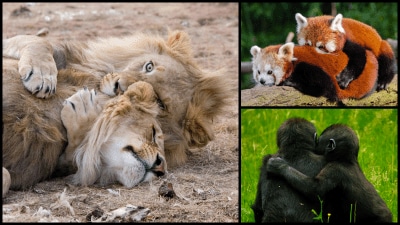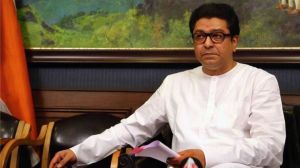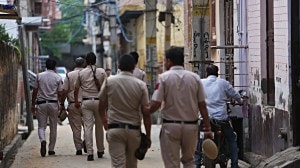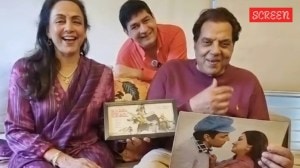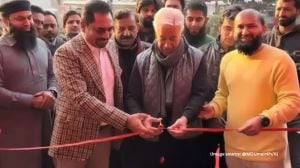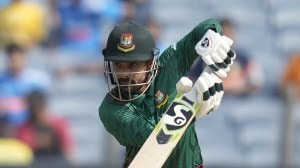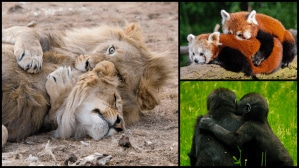Dateline
It's different. Imphal certainly is. So deliciously different from the rest of India that you come back aching for more. For one, it's the...

It8217;s different. Imphal certainly is. So deliciously different from the rest of India that you come back aching for more. For one, it8217;s the safest place to be in if you are a woman travelling alone. I could sense it once I had taken a round of the city, but it was Aribam Syam Sharma, a noted film director, who put it into words. 8220;Here in Manipur,8221; he said, 8220;it8217;s a man who needs protection after sunset, and he can get it by holding a woman8217;s hand. With a woman by his side, no one will dare touch him.8221; That was reassuring indeed.
Like chivalry, the joint-family tradition is also very strong in the state. One-child nuclear families may be the norm elsewhere, but young couples here believe in having a brood of three or more. And sons continue to live with their parents even after marriage. New additions are adjusted in new annexes, all within the same compound.
A temple, big or small, and a tulsi plant are a must-have for every house. It was in 1714 that King Pamheiba accepted Hinduism as the state religion. Since then, the Meiteis have been observing Hindu rites, but they claim to be caste-less. M.K. Binodini Devi, Sahitya Aka-demi award winner and a member of the erstwhile royal family, says: 8220;We follow a reformed form of Hinduism with no differences of caste.8221; Nonetheless, most people are either Brahmins Sharmas or Khetriyas Singhs. The youngsters, however, prefer not to use these surnames.
They also seem to fancy all goods western. But then, they can8217;t help it. The city markets, especially Paona Bazaar, are chock-full of goods from across the border. English music too is very popular here and the city has its own pop group called Phoenix. The name is symbolic, for the UGs underground militants, not too pleased with this westernisation, imposed a ban on MTV and Channel V a few months ago. But the TV at my hotel seemed to have a will of its own.
The UGs have also declared a war on drug addiction. A few years ago, a youngster hooked on drugs was shot at, and the others were threatened with a similar fate. But the tide of unemployment, which is at the root of both addiction and militancy, continues to rise. I wondered why many rickshaw-pullers in the city had covered their faces with kerchiefs, and blamed it on the cold, until someone told me they were well-educated youths using hankies to mask their identity.
That economy is in a shambles if the tattered currency notes are any indication. Nowhere else will you come across such torn and pasted notes. But there are no beggars on the streets and poverty is never a subject of discussion. Go-ldsmiths too seem to be flourishing. No Manipuri woman worth her salt will be seen without a number of 24-carat trinkets. No alloyed yellow metal for them.
The ban on intoxicating drinks imposed during the 18th century continues even now. But even th-ough the state is supposedly dry, booze from Burma flows freely at private parties. Hotels also have a plentiful stock. But don8217;t expect to find it in shops. One liquid that is available at every nook and corner is petrol. Even grocers store it. So no worries about running out of fuel in the city.
Chemists too seem to thrive here. In fact, every seventh shop in the city is a drug-store. No one knows the reason though some trace it to easily available licences. Fish in every shape and size are also abundant. There are plenty of other exotic foodstuffs as well, but very little milk. The hotel I was staying in didn8217;t have any. For someone used to at least two glassfuls every day, it was quite depressing. And every night, I would go to sleep milk-less in Manipur. Maybe they should start a dairy or two there.
- 01
- 02
- 03
- 04
- 05


